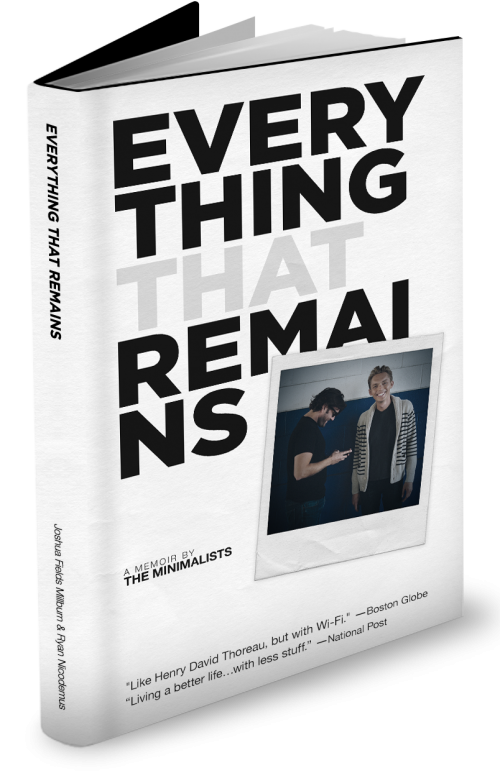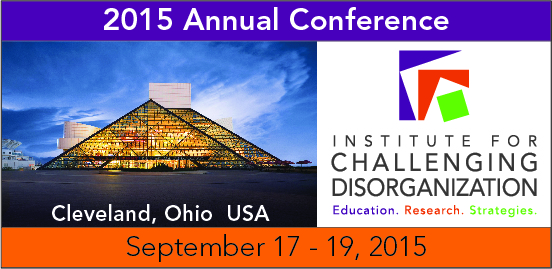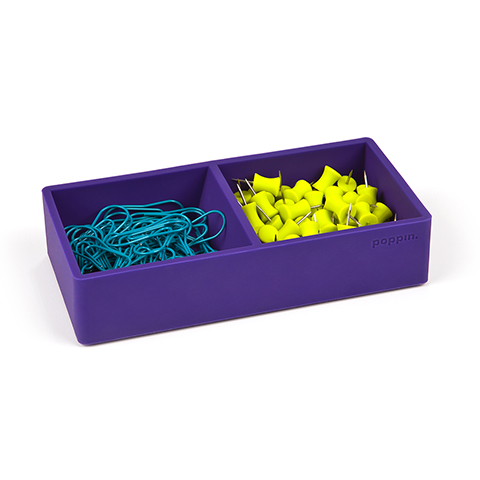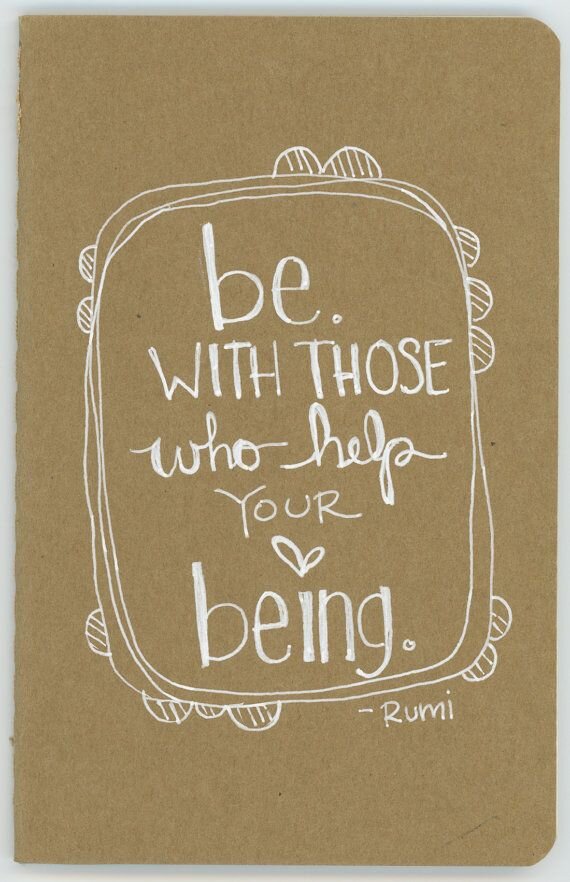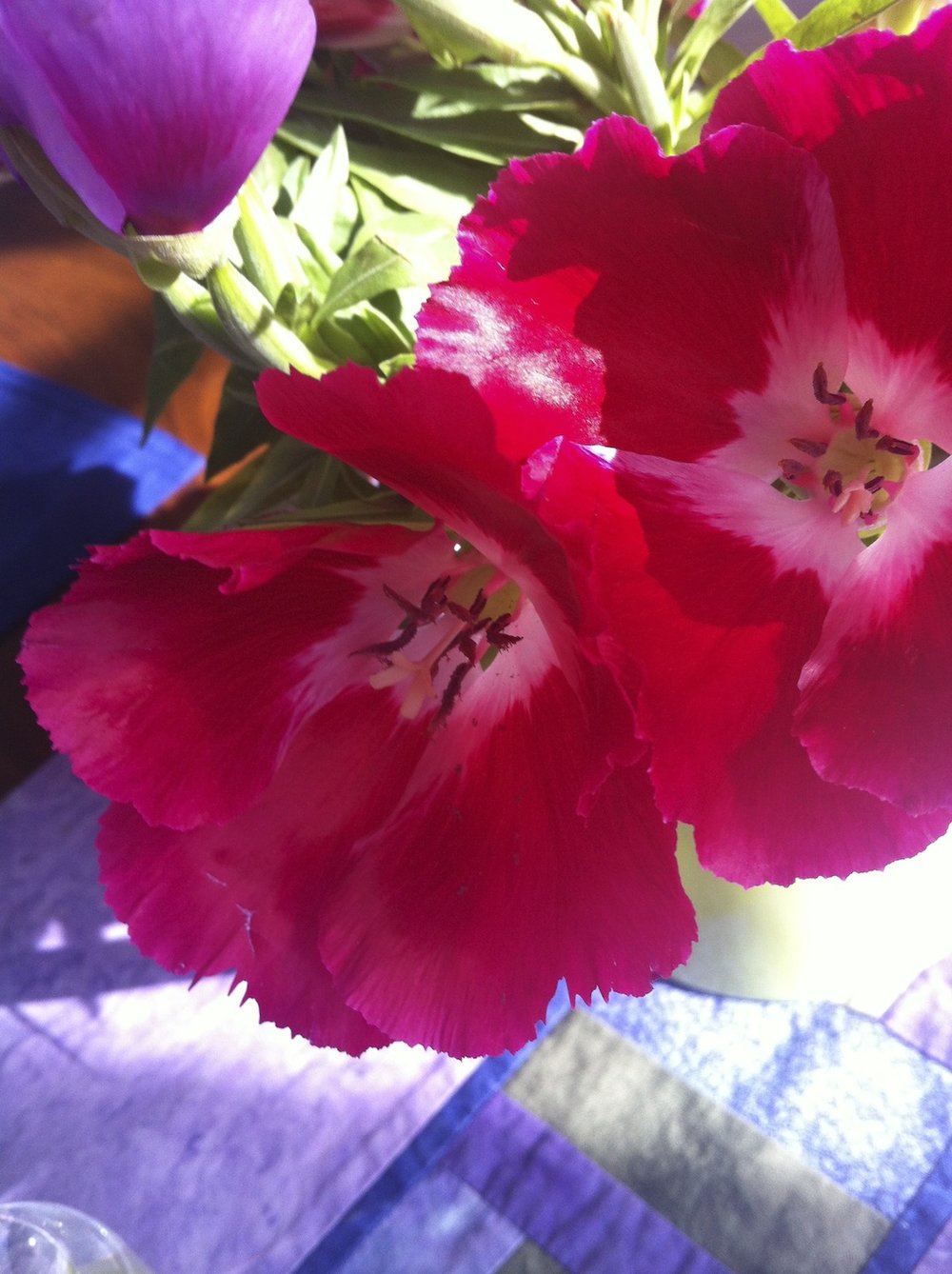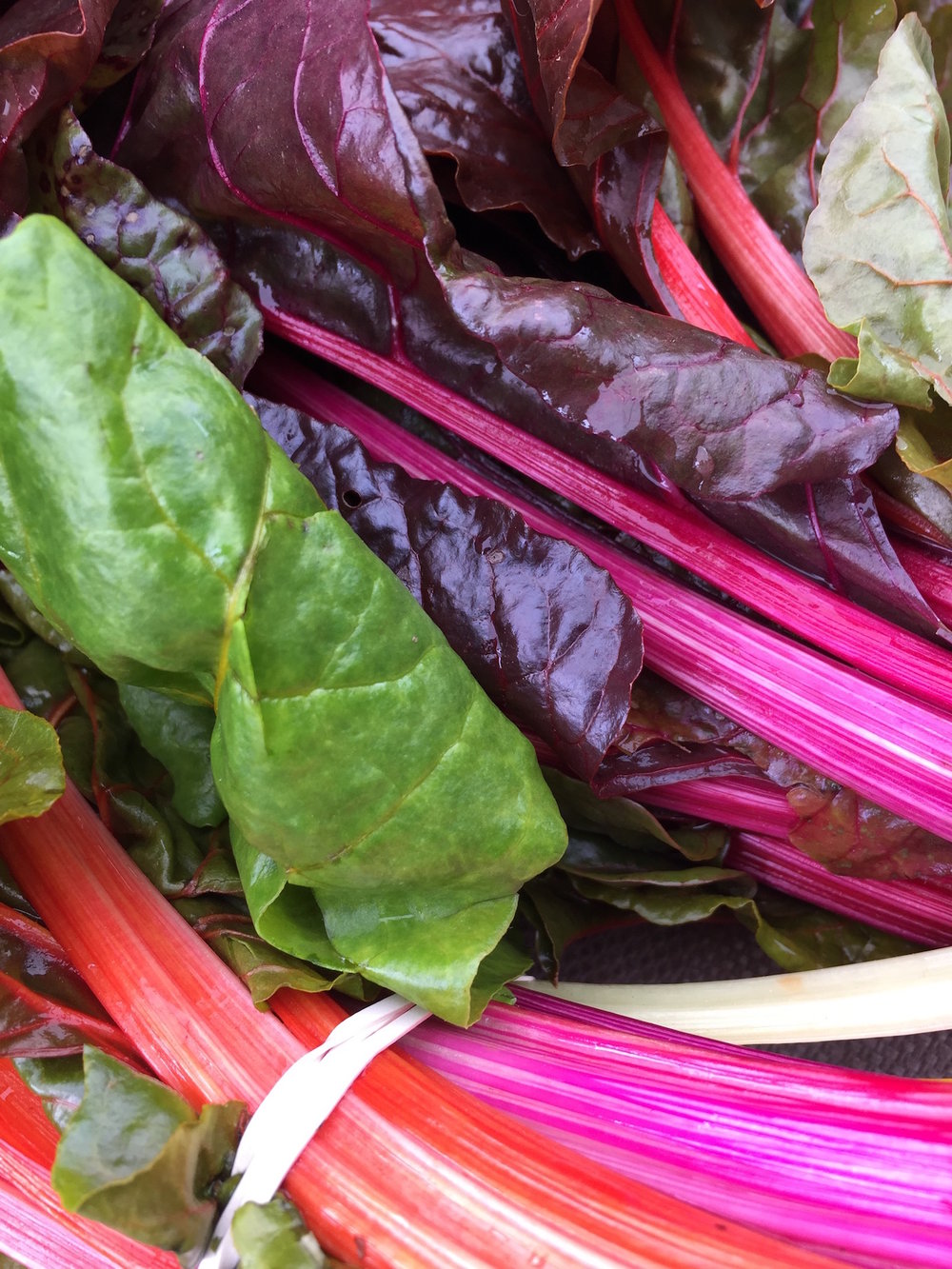 New trends and concepts promote possibilities. They occur in response to challenges we’ve had. In our world of 24/7 access to information, connectivity, and consumption, I’ve noticed several ideas that have converged around the trend to “go small.” Micro-trends, minimalism and mindfulness have gained traction as a reaction to feeling overwhelmed by too many choices and excessive acquisition. By focusing on small we have the opportunity to reduce overwhelm and allow possibilities to thrive.
New trends and concepts promote possibilities. They occur in response to challenges we’ve had. In our world of 24/7 access to information, connectivity, and consumption, I’ve noticed several ideas that have converged around the trend to “go small.” Micro-trends, minimalism and mindfulness have gained traction as a reaction to feeling overwhelmed by too many choices and excessive acquisition. By focusing on small we have the opportunity to reduce overwhelm and allow possibilities to thrive.
Overstimulation is everywhere. That adds to overwhelm. Think about the constant barrage of entertainment in public areas. TV monitors are no longer just in bars, but in restaurants too. You can’t even wait in line at the bank without being entertained by multi-screen videos demanding your attention. Cars, buses, and waiting areas in airports are plastered with monitors. It’s a challenge to find public or private spaces that are without the intrusion of constant visuals and sound. And even when we’re not paying attention to the public monitors, most of us are engaged instead with our personal devices like our cell phones or tablets.
The trends that have emerged are in reaction to all of this.
Micro-Trends
The trend of micro, spans multiple disciplines and industries (think micro-entrepreneurs, micro-volunteering, micro-breweries, and micro-lending.). It’s a trend focused on something specific, smaller and more personal. They’ve emerged as a reaction to the many demands on our time and the overwhelming amounts of choices? The micro-trends offer micro-focus.
Minimalism
The rise of Minimalism has become more prominent, as a reaction to excess acquisition. The overfilling of spaces with stuff has created overwhelm and stress for many people. The Minimalist movement emphasizes lightening up, letting go, and filling our lives with people and experiences instead of things. There are many blogs and books on the subject including Joshua Becker, Francine Jay, and The Minimalists (Joshua Fields Millburn and Ryan Nicodemus.)
Mindfulness
This isn’t a new trend, although I’ve noticed that it's gained more popularity and attention in the last few years. It’s a frequent topic seen in blogs, magazines, classes, and social media. There are tons of apps like for practicing mindfulness such as Headspace, Mindfulness Daily, and iMindfulness. The idea of being present, taking that small moment to focus instead of being distracted and multi-focused is very appealing.
How does narrowing the focus help you? Does thinking in micro, small, and minimalist ways help you visualize other possibilities more clearly? Does “going small” reduce your overwhelm? Does it help you focus and eliminate the abundance choices? What have you noticed? I’d love to hear your thoughts. Come join the conversation.




